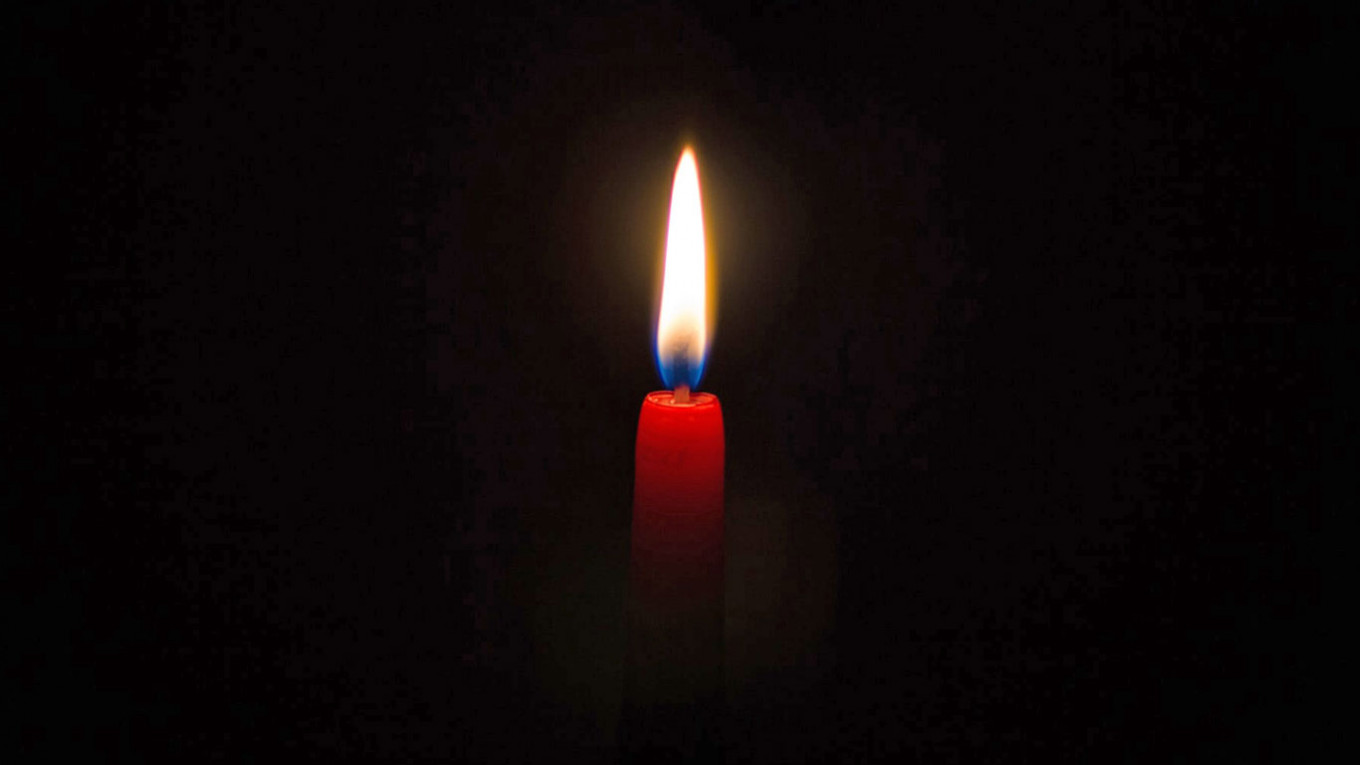Cultural figures
Andrei Myagkov Feb. 18
Andrei Myagkov, an actor most famous for his role of Zhenya Lukashin in the 1975 New Year’s hit, “Irony of Fate,” directed by Eldar Rozanov, died of an apparent heart attack at the age of 82 at his home in Moscow. He worked in the Sovremennik and Moscow Art Theaters in Moscow, and had a long a rich career in cinema. He was best known and loved for his work with director Rozanov, first as the Moscow surgeon who ends up in the right apartment in the wrong city in “Irony of Fate,” and then as Anatoly Novoseltsev with Alisa Freindlich in “Office Romance” and as lab worker Khvostov in “Garage.” He is also renowned for his role in “The Days of the Turbins,” based on the eponymous novel by Mikhail Bulgakov. Over his career, he acted in more 50 films.
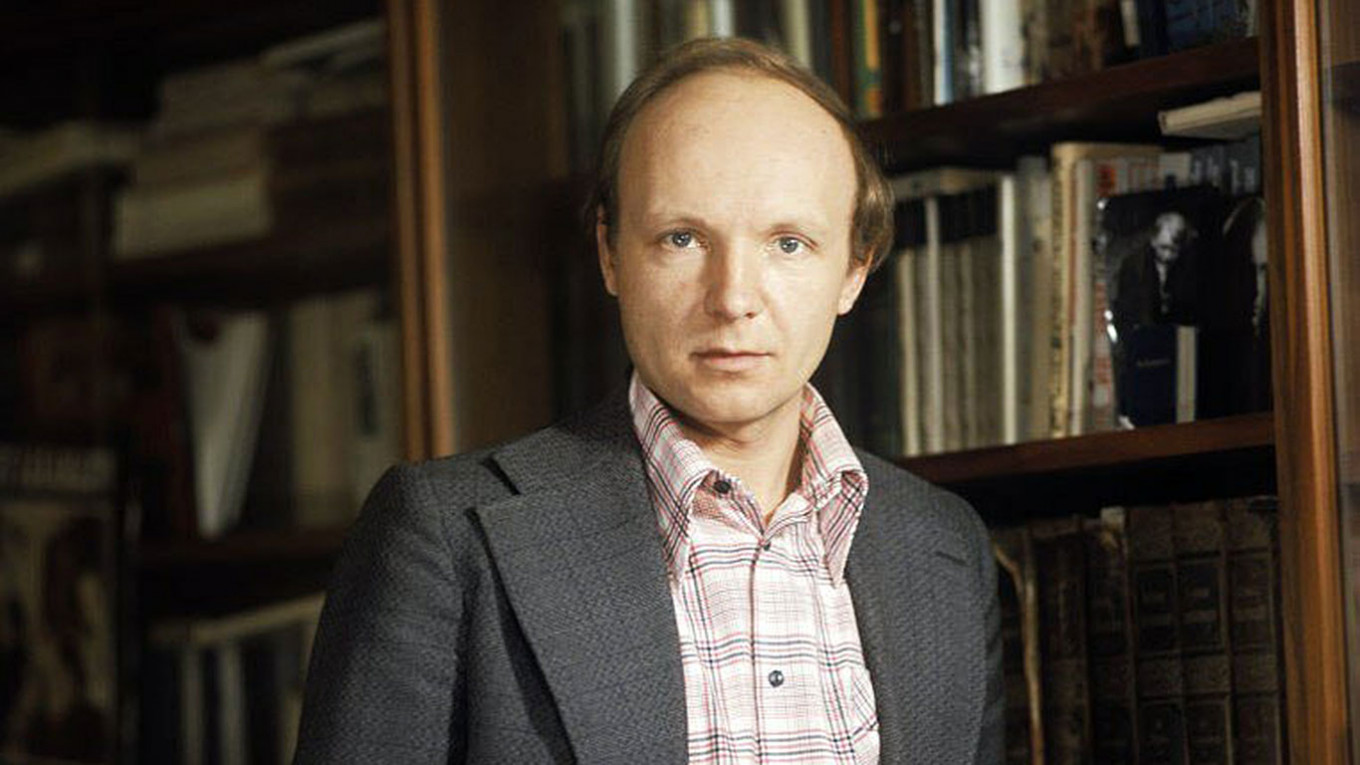
Alexander Lipnitsky March 25
On March 25, Alexander Lipnitsky, a journalist, writer and one of the founders of the cult Soviet rock group Zvuki Mu, died at age 68 near his dacha at Nikolina Gora. He apparently drowned while trying to save his dog, who had fallen through the ice on the Moscow River. Lipnitsky was a childhood friend of Pyotr Mamonov, the lead singer of Zvuki Mu. When Mamonov was putting together a group in the early 1980s, he asked Lipnitsky, who had no musical background, to play bass guitar. Lipnitsky performed with Zvuki Mu until the 1990s, when he returned to his first profession of journalism. He hosted radio and television shows on rock music and later wrote about culture.
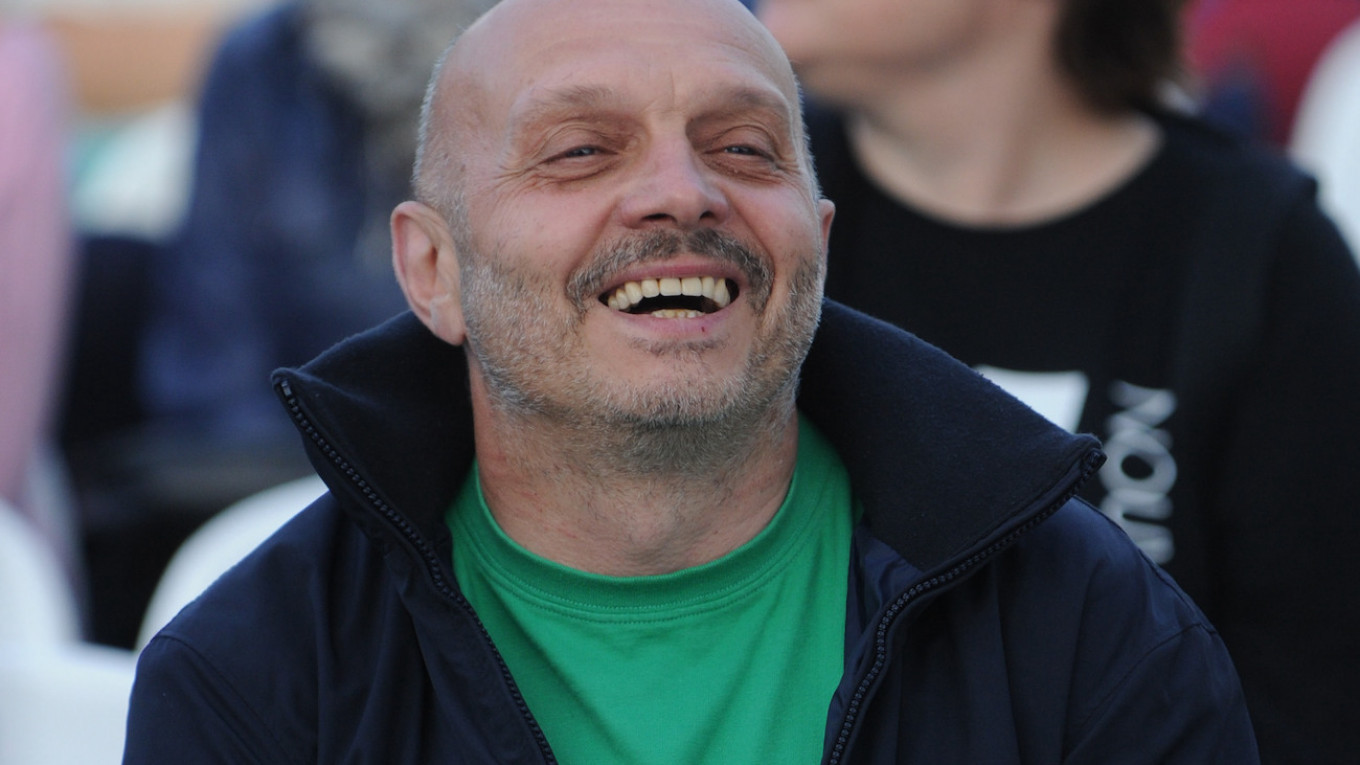
Rezo Gabriadze June 6
Rezo Gabriadze, a writer, screenwriter, artist, sculptor and puppet master, died in Tbilisi, Georgia at the age of 84. Gabriadze was one of the most beloved cultural figures of the Soviet and post-Soviet era. He was the author of more than 35 screenplays for such movies as “Don’t Grieve” (1969); “Mimino” (1977); and “Kin-dza-dza” (1986). In 1981 he founded a puppet theater in Tbilisi where he was able to tell stories for children and adults without political or ideological interference. Gabriadze was also an artist, graphic artist and sculptor. He illustrated more than 50 books, including collections of works by Alexander Pushkin and Daniil Kharms. His works are in the collections of many museums around the world, including the Hermitage in St. Petersburg. Gabriadze was given many awards, including the State Prize of the USSR, a Nika for his script of the film “Passport,” and the Commander of the Order of Arts and Letters of the French Republic.
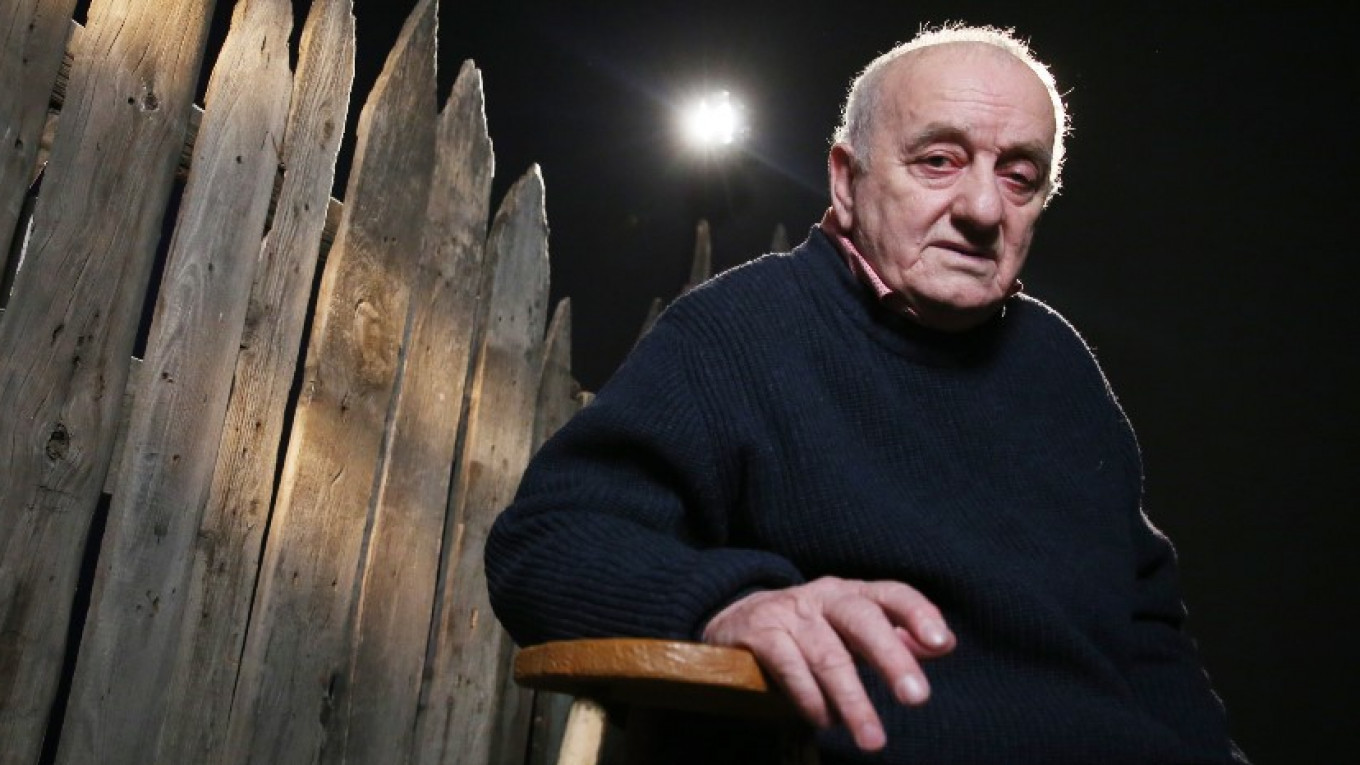
Anatoly Lysenko June 20
Anatoly Lysenko, a Soviet and Russian television figure, journalist, director, and producer, died of complications from coronavirus at the age of 84. He was best known at the director of the television show Vzglyad (View), which aired in 1987 during the period of glasnost. It featured Alexander Lyubimov, Vlad Listyev and Dmitry Zakharov giving their views on the events of the week interspersed with music videos and guests. It changed Soviet television and influenced political life in the country. Lysenko was made general director of the channel ORT (Russian Public Television) in 2012. He was an Merited Artist of Russia and laureate of the State Prize of the U.S.S.R.
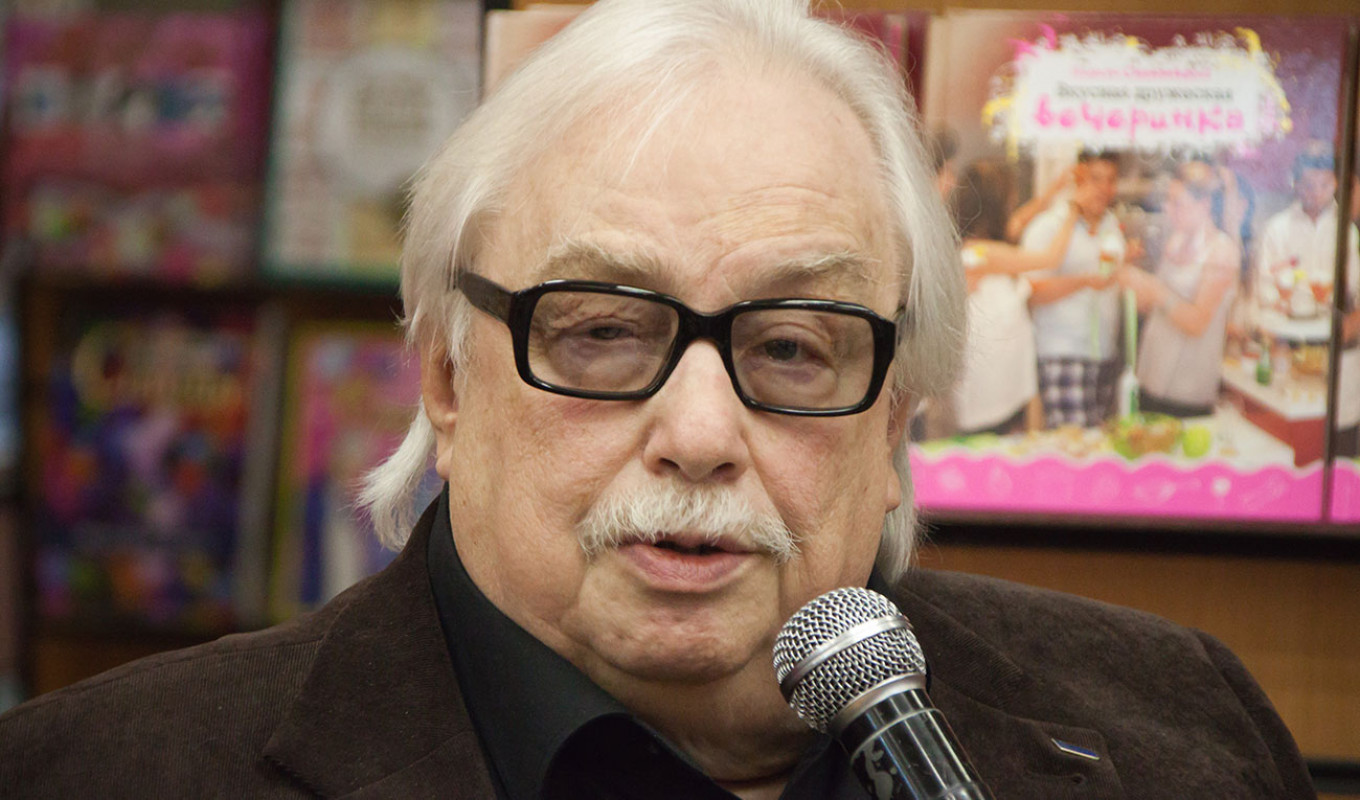
Vladimir Menshov July 5
Soviet director and actor Vladimir Menshov passed away at age 82 from coronavirus. He is best known for his directorial work. His second film was “Moscow Does Not Believe in Tears” (1980) about three young women in Soviet Moscow, which was awarded an Oscar for Best Foreign Language Film in 1981. Menshov was also well-known as an actor. He is credited in over 100 films, most notably “How Czar Peter the Great Married Off His Moor” (1976), “Where is the Nophelet?” (1988), “Night Watch” (2004), “Day Watch” (2006) and “Legend № 17” (2013), for which he received a Golden Eagle Award as Best Supporting Actor in 2014. In recent years, Menshov was the general director and art director of “Film Studio Genre,” a subsidiary of Mosfilm.
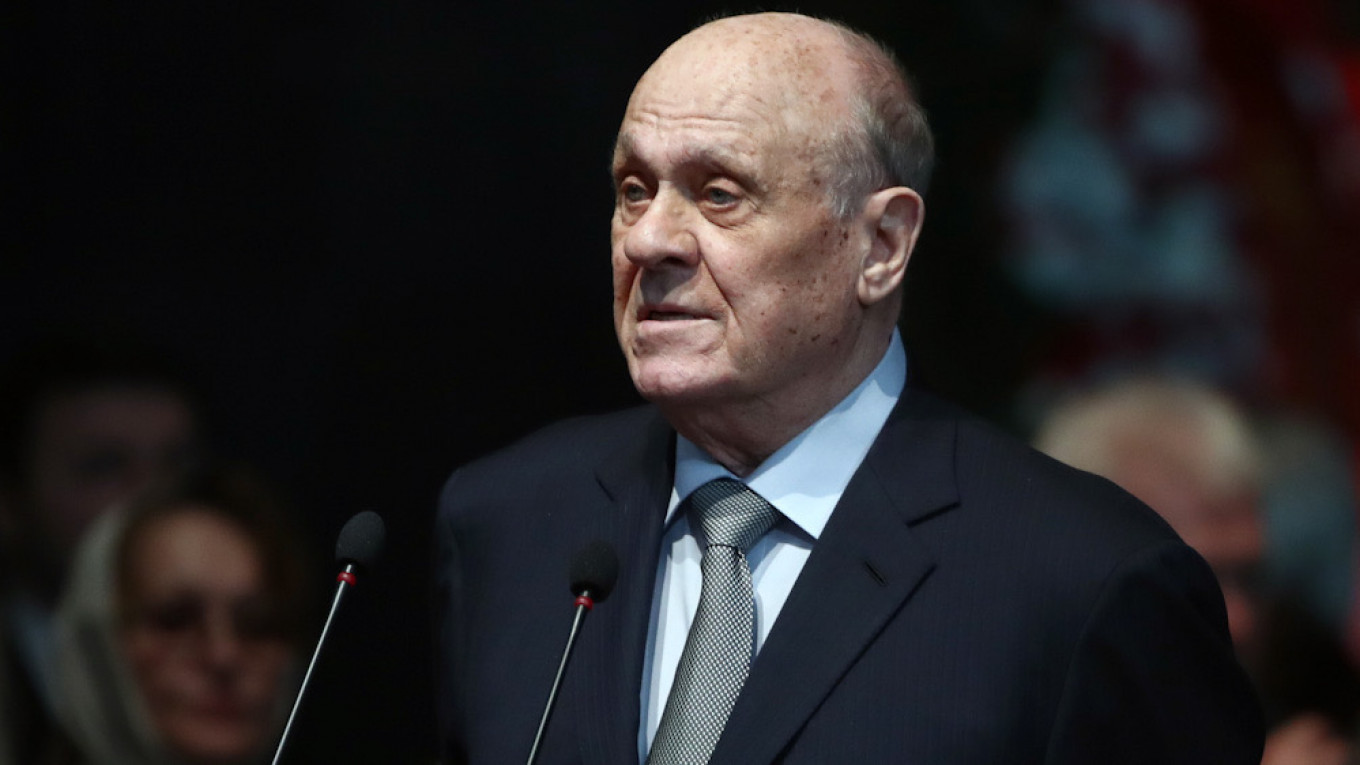
Pyotr Mamonov July 15
Pyotr Mamonov, one of the most important figures in popular culture in the late Soviet and post-Soviet era, died on July 15 from complications of coronavirus. He was 70 years old. Mamonov played in rock n’ roll bands in the 1960s and 1970s, and after studying at a printing institute and holding a series of positions in translating and publishing followed by a period of taking largely menial jobs, his musical success came with Zvuki Mu in 1982. Mamonov was equally renowned as an actor. Beginning with his role in Pavel Lungin’s “Taxi Blues” in 1990, he performed in dozens of film and theater projects. After converting to Orthodoxy in the 1990s, Mamonov lived in a village and turned down many acting and other projects. He agreed, however, to play the role of a monk with a tortured past in Lungin’s “The Island” in 2006. The film won many Russian and foreign awards, and garnered Mamonov a Nika for best actor. In 2009, he played the role of Ivan the Terrible in another Lungin film, “Tsar.” Mamonov continued to write, perform and act in various projects until 2019 when he suffered a heart attack and required triple bypass surgery and a lengthy period of recovery. He was hospitalized for several weeks with coronavirus before succumbing to the disease.
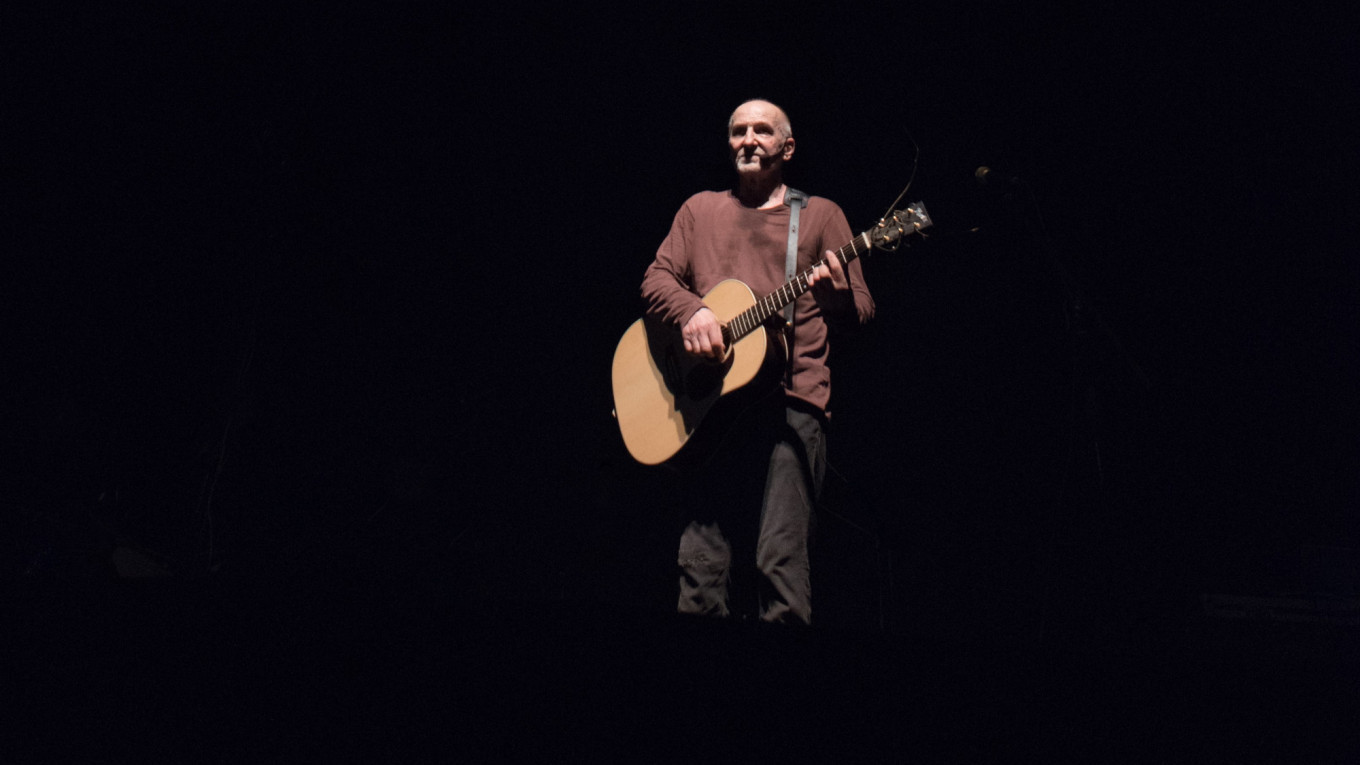
Ivan Lubennikov Oct. 3
Ivan Lubennikov, one of Russia’s most original and celebrated monumental artists, died at age 70 on Oct. 3. His mosaics, murals and mixed media installations can be found in Moscow and other Russian cities as well as abroad. One of his most famous works is the new vestibule for the Mayakovskaya metro station (2005) with mosaic clouds, airplanes and snippets of poetry on the vaulted ceiling. Lubennikov also did murals at Sretensky Bulvar metro station and decorative metalwork in the Slavyansky Bulvar station. With Alexander Skokan Lubennikov designed and constructed a structure made of metal with photo- and video-materials at the U.S.S.R. section of the State Museum of Auschwitz-Birkenau (1985). He also created a three-dimensional metal and stained-glass composition of “Ryaba the Hen” for the Paris Metro.
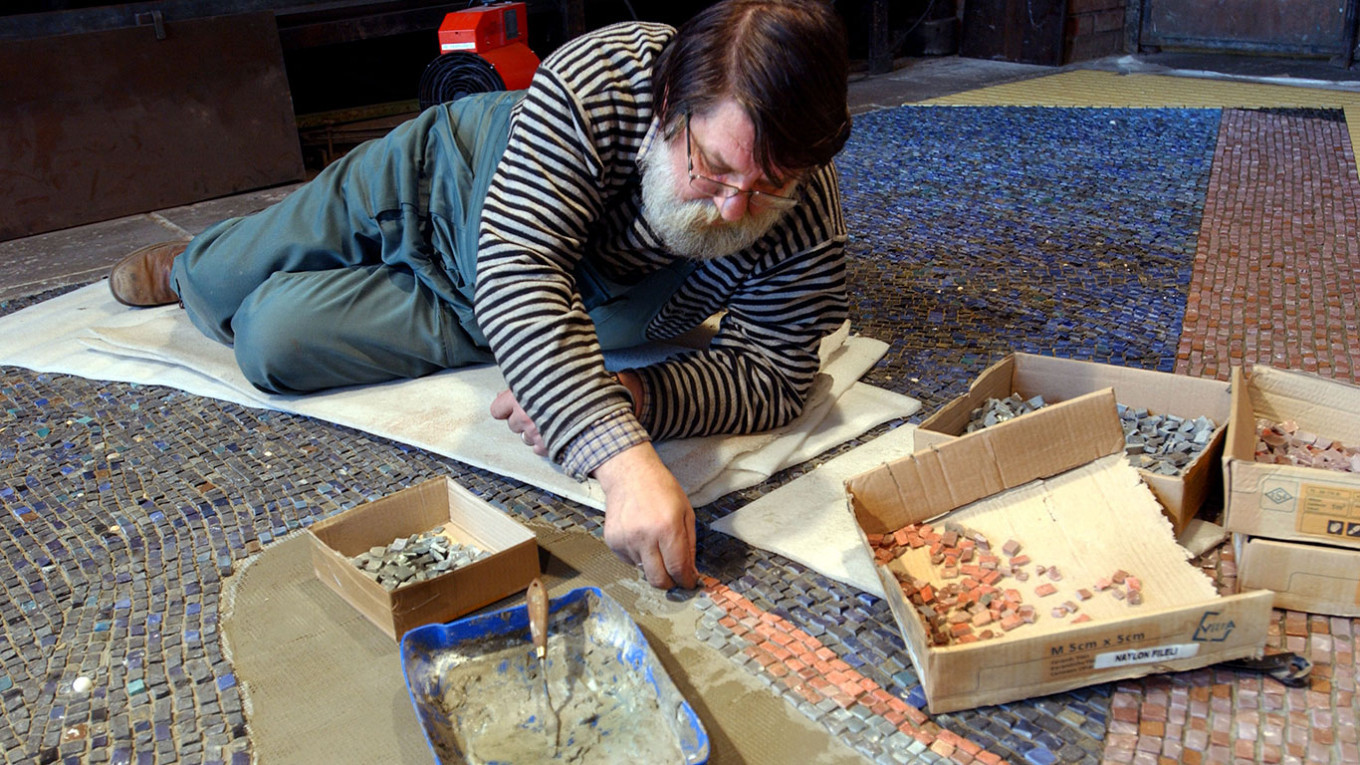
Alexander Ragozhkin Oct. 25
On Oct. 25 film and television director Alexander Rogozhkin died after a long illness at the age of 72. Rogozhkin was a trailblazer on both the big and small Russian screens. He was the screenwriter and director of “Peculiarities of the Russian Hunt” (1995) about a young Finnish man who wants to study the rituals of the Russian hunt. The slapstick comedy was an instant hit and was followed by a series of other “Peculiarities of…” films, from fishing to politics. Rogozhkin made more than 20 films and won the highest awards in the Russian film industry and many foreign prizes, including the Un Certain Regard award for “The Chekist” at the 1992 Cannes Film Festival. He was the scriptwriter and director for the first season of the television series “The Streets of Broken Lamps,” which became one of the first and most famous Russian series, running from 1995 to 2019.
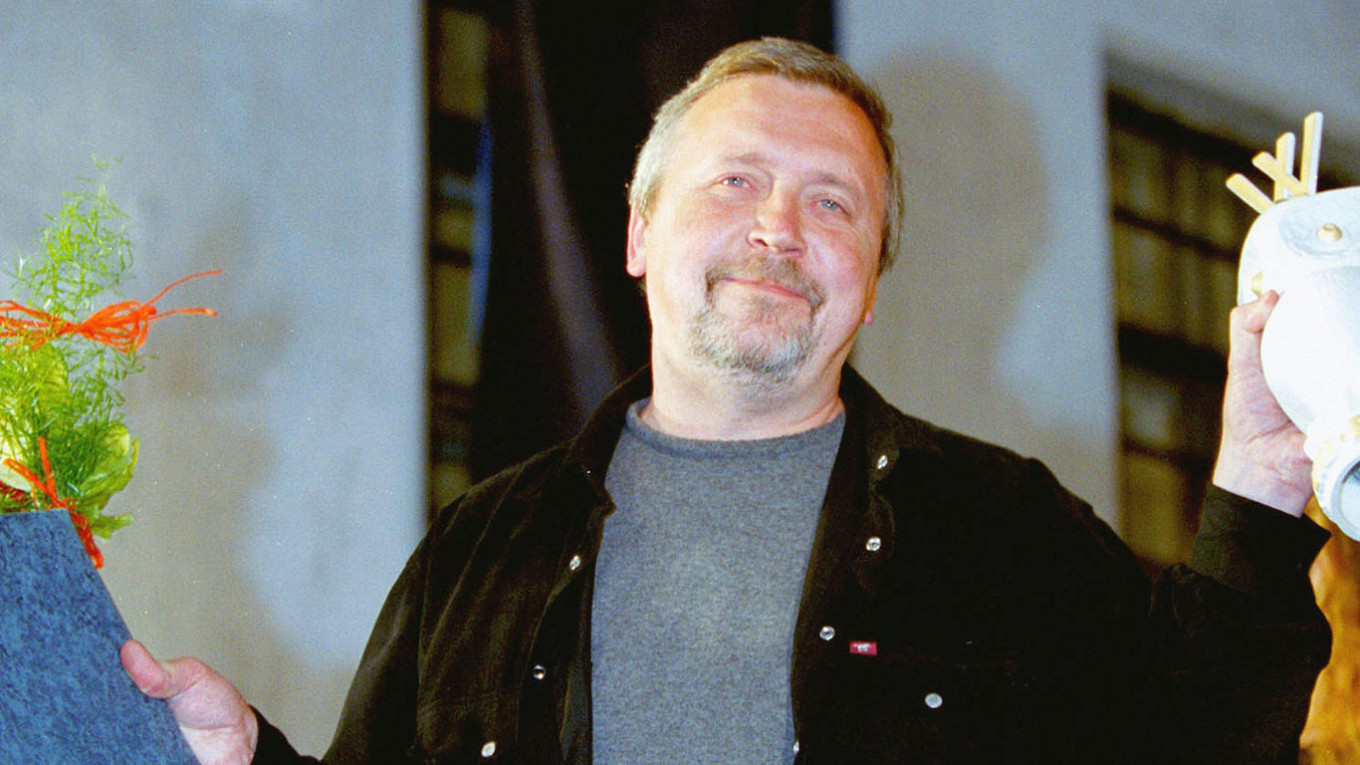
Igor Kirillov Oct. 30
Igor Kirillov was a Soviet and Russian news presenter, most famously the anchorman of the main evening news show, Vremya (Time) for 30 years. He was also the announcer for all the country’s major events, including state funerals, important summits, Yuri Gagarin’s first flight into space in 1961 and the Moscow Olympics of 1980. Kirillov traveled with Soviet leaders and reported the news from locations around the world. He died of complications from coronavirus.
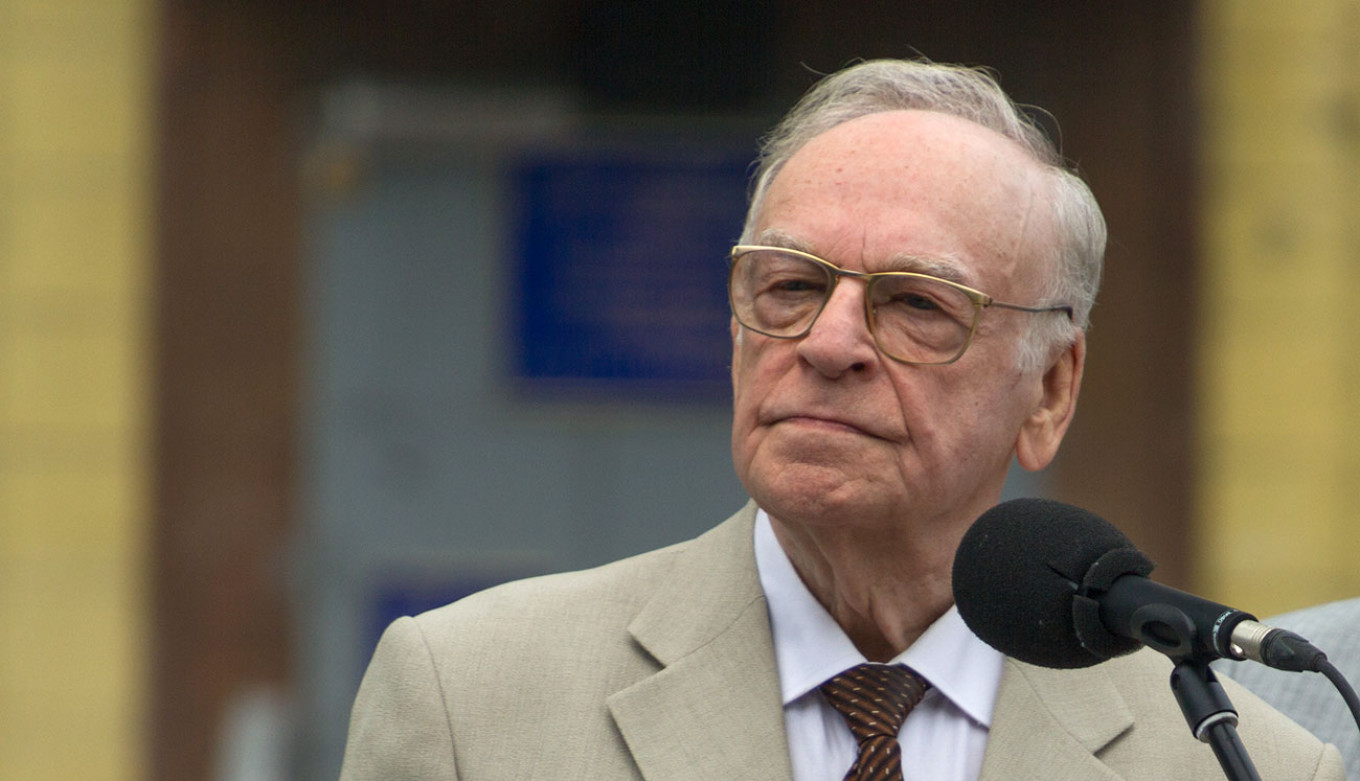
Alexander Gradsky Nov. 29
Alexander Gradsky, one of Russia's most famous singers, musicians, composers, and teachers died in Moscow at the age of 72 on Nov.29. He died of a stroke, apparently related to a severe case of coronavirus. Gradsky’s career spanned more than half a century and ranged from composing for and performing in the very first rock ‘n roll bands in the Soviet Union, performing in “The Golden Cockerel” opera in the Bolshoi Theater, scoring dozens of films, composing operas and ballets, hosting television and radio programs, teaching at the Gnessin Music Academy and serving as one of the most beloved coaches on the popular Russian television competition “The Voice.” Gradsky performed hundreds of times on stage, alone or with his group the Jesters and other musicians, singing rock ‘n roll or classical music, in the Soviet Union, Russia and former republics, Europe, Asia and the U.S. In New York he performed in Carnegie Hall; in San Francisco and Berkely at a Grateful Dead concert; and in other venues with a range of performers, from Liza Minelli, John Denver, and Dianne Warwick to Sammy Davis, Jr. In 2014 he founded his own musical theater in Moscow, “Gradsky Hall,” which headlines “The Voice” performers and other groups, musicals and performers. In addition to many honors and awards for his work, in 1997 Gradsky was given the title Merited Artist of the Russian Federation and in 1999, he was made People’s Artist of the Russian Federation.
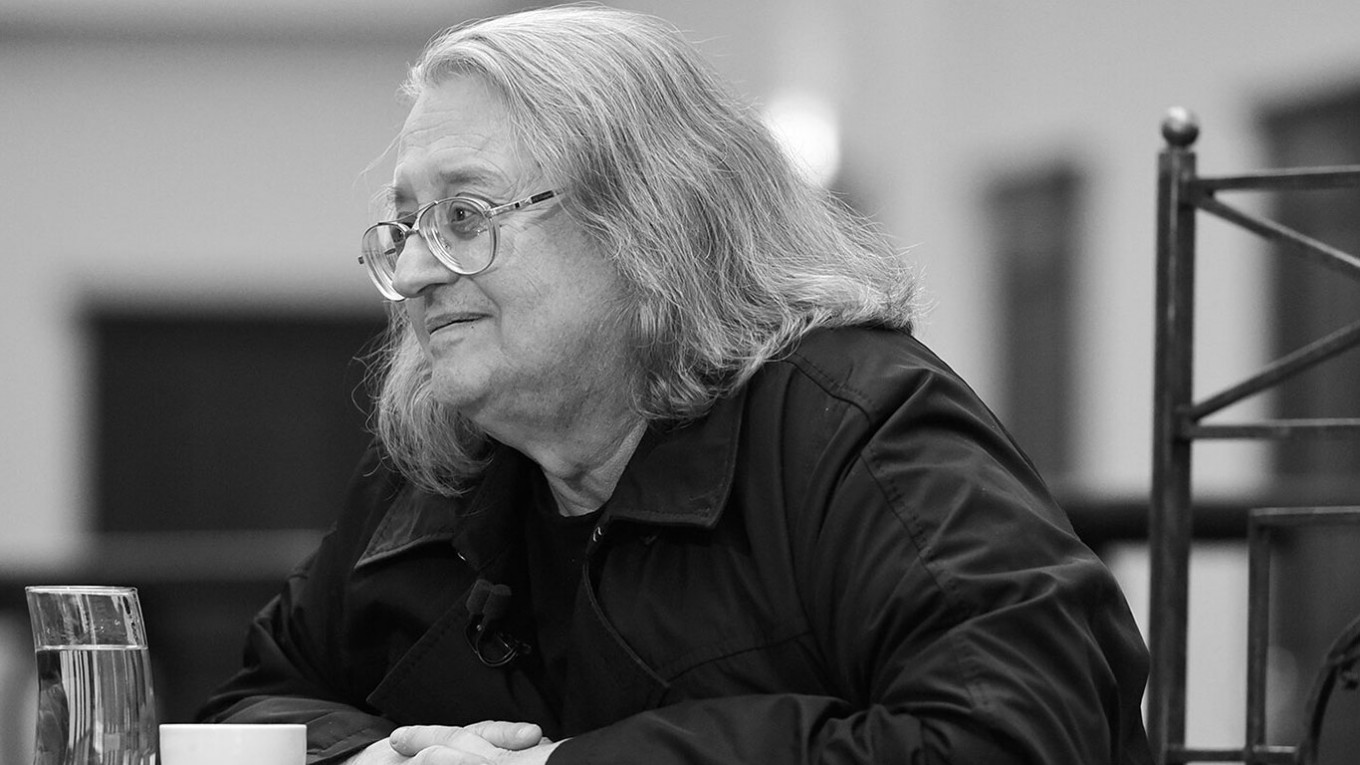
Sergei Soloviev Dec. 13
Sergei Soloviev, a Russian director, producer, screenwriter and actor, died on Dec. 13, apparently of a heart attack, at the age of 77. Soloviev worked in both television and film, in particular directing many films at Mosfilm. In the 1990s he also directed plays in the Moscow Theater on Taganka and the Maly Theater. One of his earliest films, “One Hundred Days After Childhood,” won the award for best director at the Berlin Film Festival in 1975. Soloviev is most renowned for his film trilogy of the late Soviet period: “Assa” (1987); “The Black Rose is an Emblem of Sorrow, the Red Rose is an Emblem of Love” (1989); and “House Under the Starry Sky” (1991). Soloviev also played an important role in steering the filmmakers’ unions through the early post-Soviet period as head of the Moscow Filmmakers Union from 1991 to 1994 and the Russian Filmmakers Union from 1994 to 1997. He was awarded many prizes over his career, included the title of People’s Artist of Russia, granted in 1993.
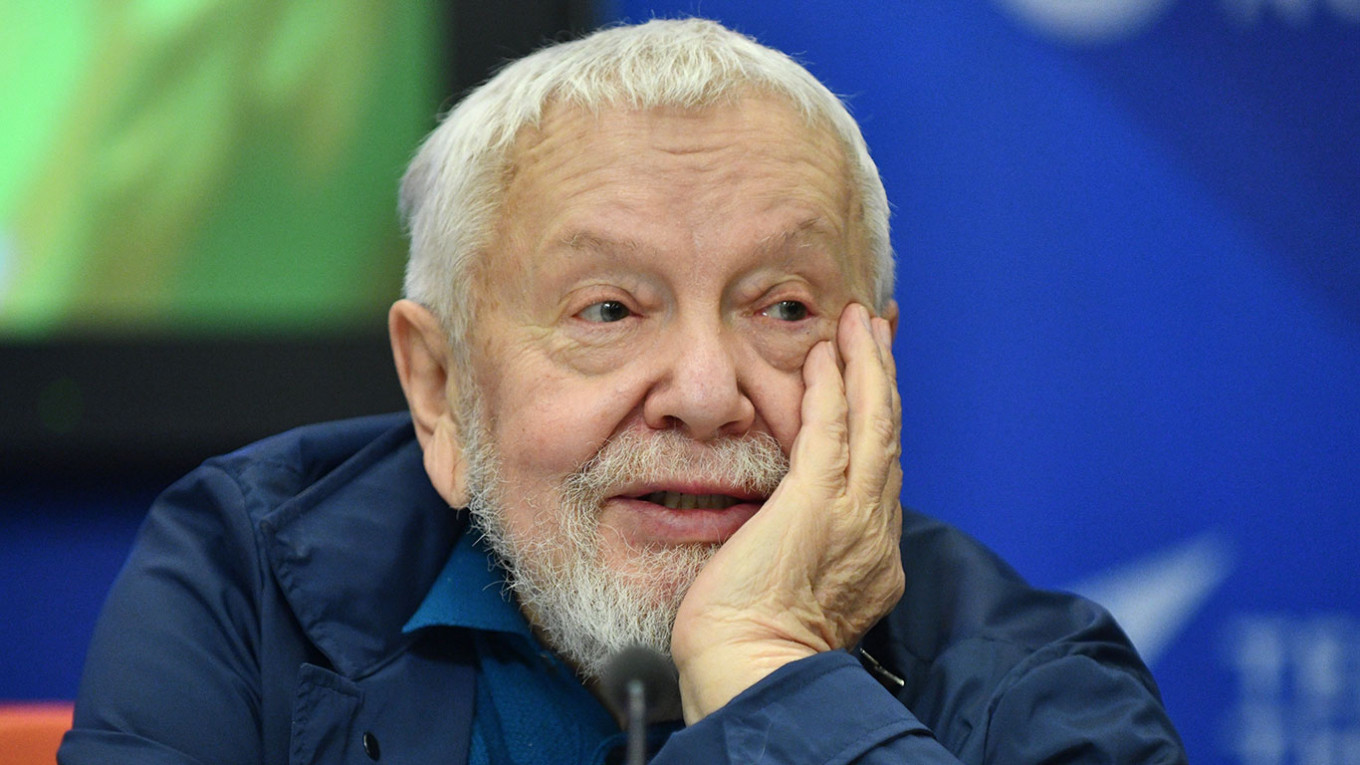
Political figures
Yegor Ligachev May 7
Yegor Ligachev, a prominent political figure in the Soviet period, died on May 7 at the age of 100. He worked his way up the ladder of the communist party organizations at the local and national level until becoming a member of the Central Committee in 1976. From 1983 to 1990 he was Secretary of the Central Committee, and from 1985 to 1990 a member of the Politburo. Although he initially supported Mikhail Gorbachev’s reform measures, he later broke with him and represented the more conservative communist faction. He continued to be involved in post-Soviet politics as a State Duma member until his retirement in 2003. He was famous for his phrase “Boris, you are wrong” when disagreeing with Boris Yeltsin.
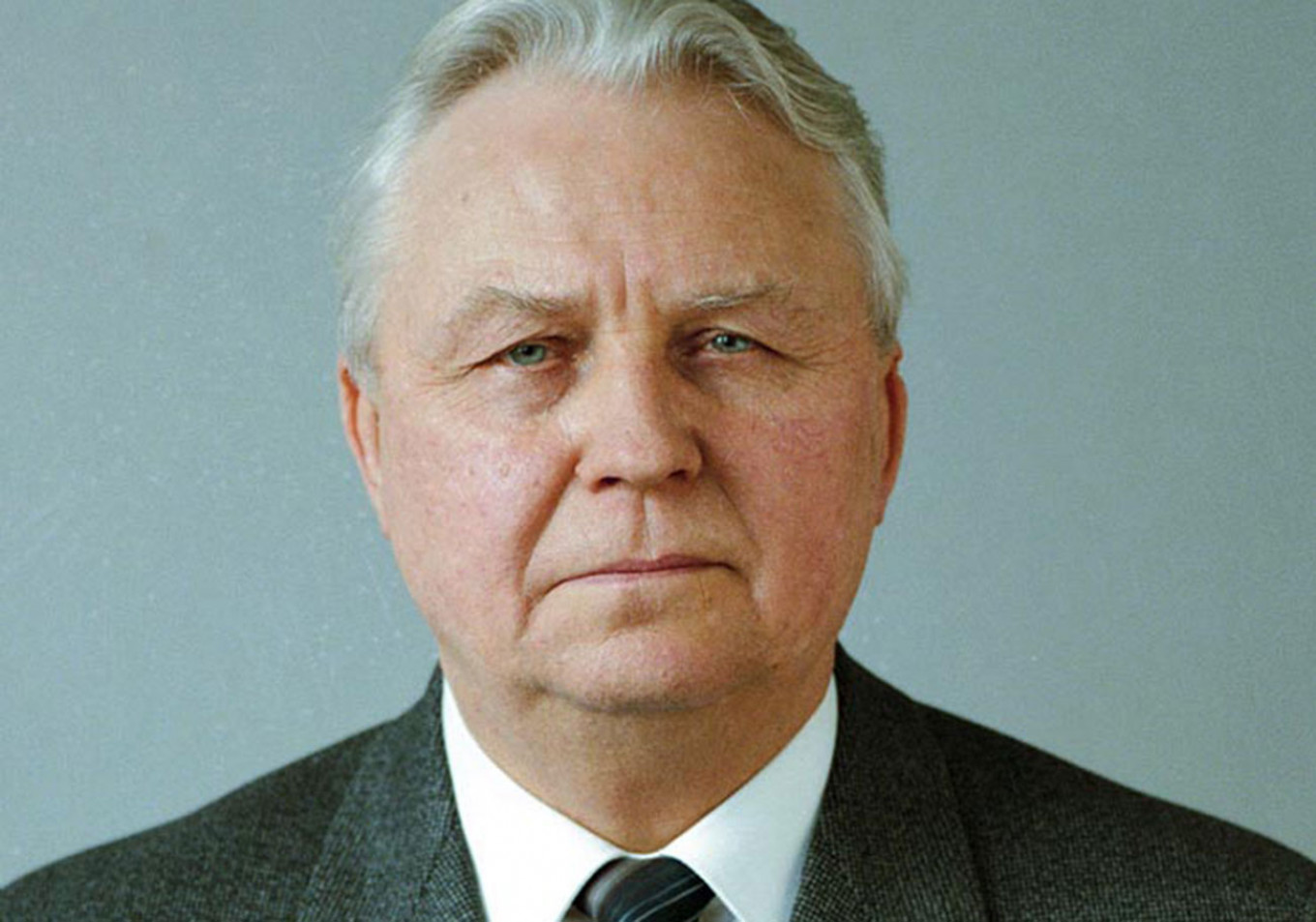
Oleg Baklanov July 29
Oleg Baklanov, the last member of a failed coup against then U.S.S.R. leader Mikhail Gorbachev in 1991, has died aged 89 on July 29. As minister of general machine-building, Baklanov oversaw the Soviet space industry in the 1980s. He also served as first deputy chairman of the Soviet Union's defense council. He was one of a group of hardline communists unhappy with Gorbachev's liberal reforms who led an unsuccessful coup attempt in August 1991. Its leaders were arrested three days later, but the attempted overthrow heralded the collapse of the Soviet Union, which was finally dissolved in December 1991. Baklanov was released from prison in 1993 and granted amnesty the following year.
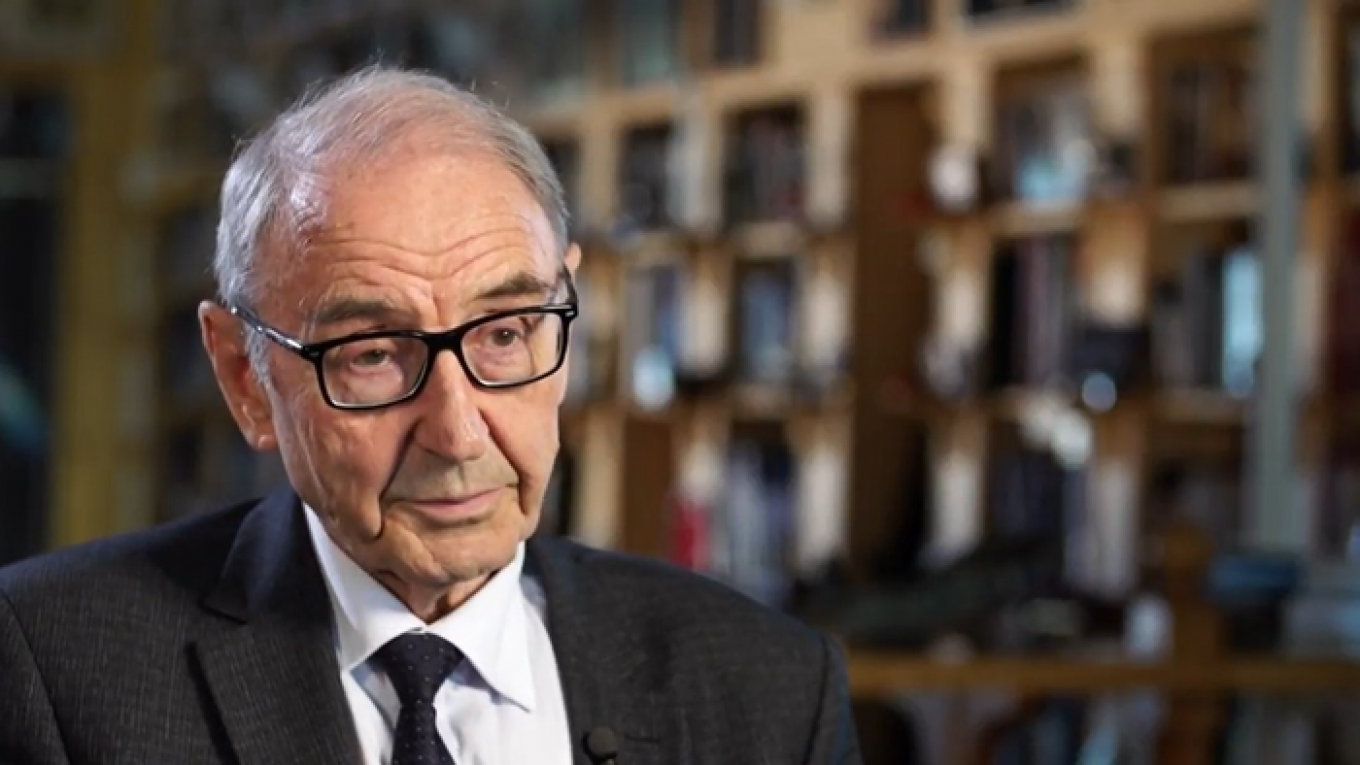
Sergei Kovalev Aug. 9
Sergei Kovalev, one of the most significant political and human rights figures of the Soviet Union and Russia, died on Aug. 9. He was 91 years old. A leading biophysicist, Kovalev was also active in the scientific community opposing Trofim Lysenko, whose theories rejecting modern genetics were supported by the Soviet leadership. By 1969 Kovalev was a visible political dissident. He was a founder of the Action Group for the Defense of Human Rights and the Chronicle of Current Events. In 1974 he was arrested and found guilty of Article 70 of the penal code: “anti-Soviet agitation and propaganda.” He served seven years in prison camps and another three years in exile in Kolyma. From the perestroika era on, Kovalev played a great role in governmental and non-governmental efforts to secure and enshrine human rights and basic freedoms. He took part in the establishment of such organizations as Memorial, the Moscow branch of Amnesty International, the Glasnost Press Club, and the International Humanitarian Conference. At Andrei Sakharov’s recommendation he was co-director of the Project Group of Defense of Human Rights, later called the Russian-American Human Rights Group. Kovalev was one of the writers of Russian Constitution Article 2 on the rights and liberties of people and citizens. He was co-author of the Declaration of Human and Civil Rights in Russia (1991). From 1990-93 he was an elected deputy of the Russian Federation and chairman of the President’s Commission on Human Rights as well as Rights Commissioner for the State Duma. From 1993-2003 he was a member of State Duma and served for seven years on the Russian delegation to the Council of Europe. He continued to protest injustices under Boris Yeltsin and Vladimir Putin.
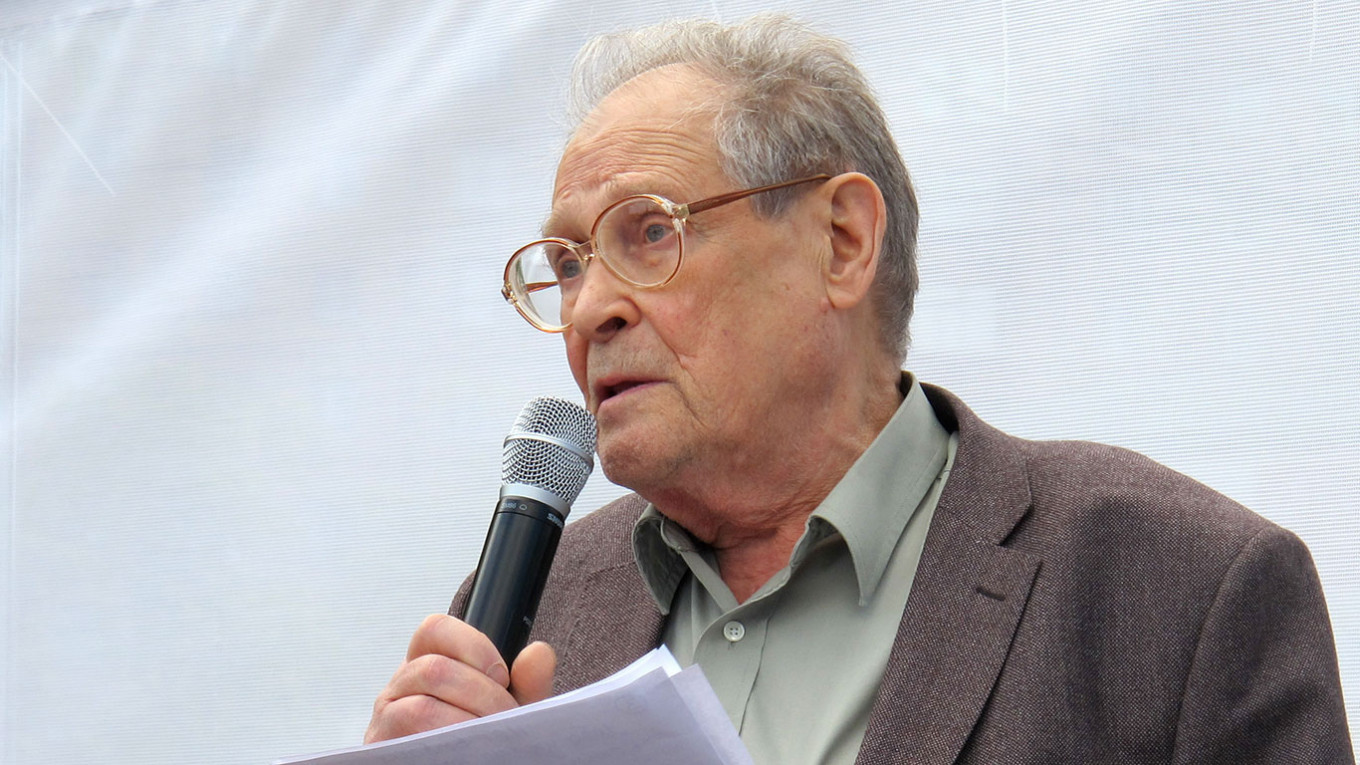
Educational figures
Yasen Zasursky Aug 1
Yasen Zasursky, the legendary rector of the Moscow University Department of Journalism, died on Aug. 1 at the age of 91. He took part in creating the journalism department at Moscow State University and headed it from 1965 to 2007, when he retired to become president of the department, overseeing the program and giving lectures on the history of Russian and foreign journalism. Zasursky is credited with founding modern print and electronic media in Russia as it developed during the perestroika years and the first decade after the collapse of the Soviet Union. Zasursky received dozens of awards and honors from the Soviet Union, Russian Federation and foreign countries.
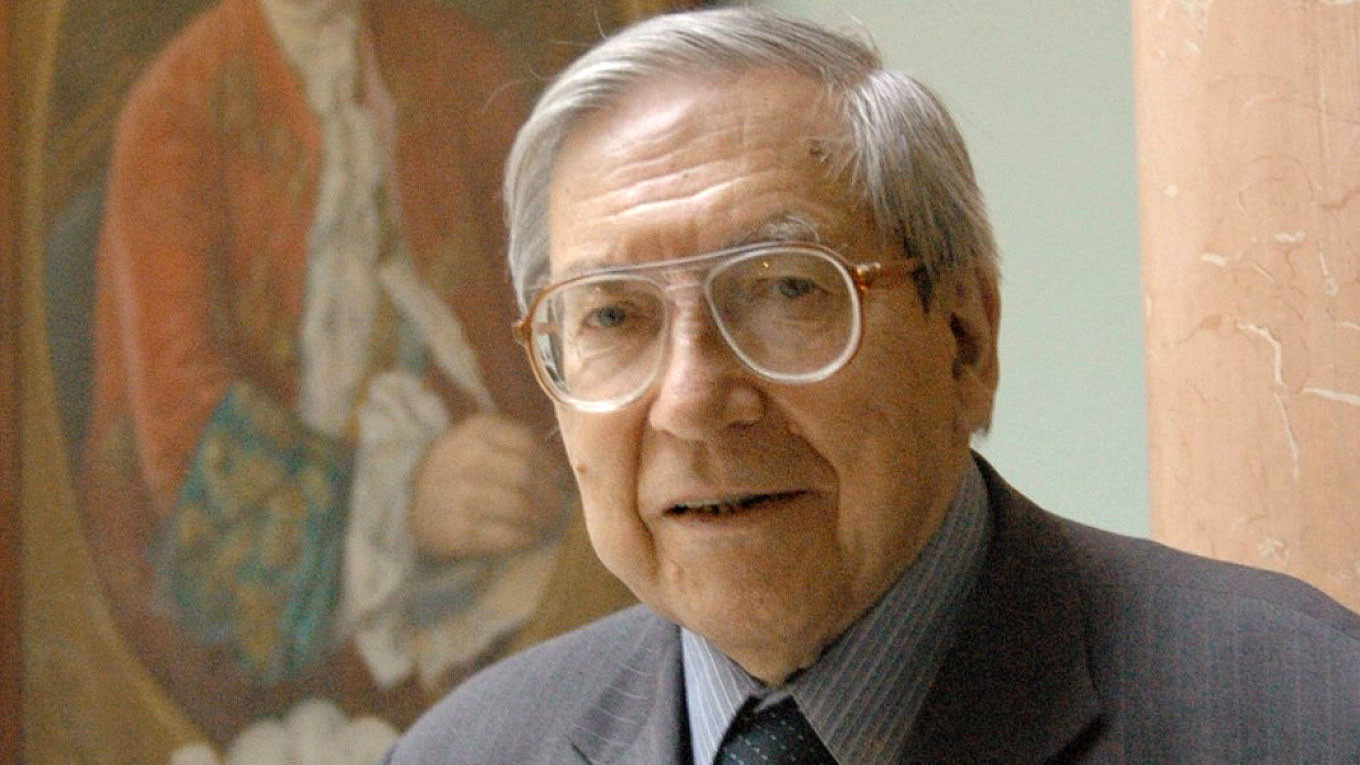
Yevgeny Chazov Nov. 12
Yevgeny Chazov, a prominent Soviet and Russian physician, died on Nov. 12 at the age of 92. He was a cardiologist who headed the Moscow Cardiological Center and the Fourth Directorate of the Soviet Ministry of Health, which cared for high-level Soviet officials. He co-founded the International Physicians for the Prevention of Nuclear War, which was awarded the Nobel Peace Prize in 1985. Over his lifetime he was the recipient of many Soviet, Russian and foreign awards for his medical and philanthropic achievements.
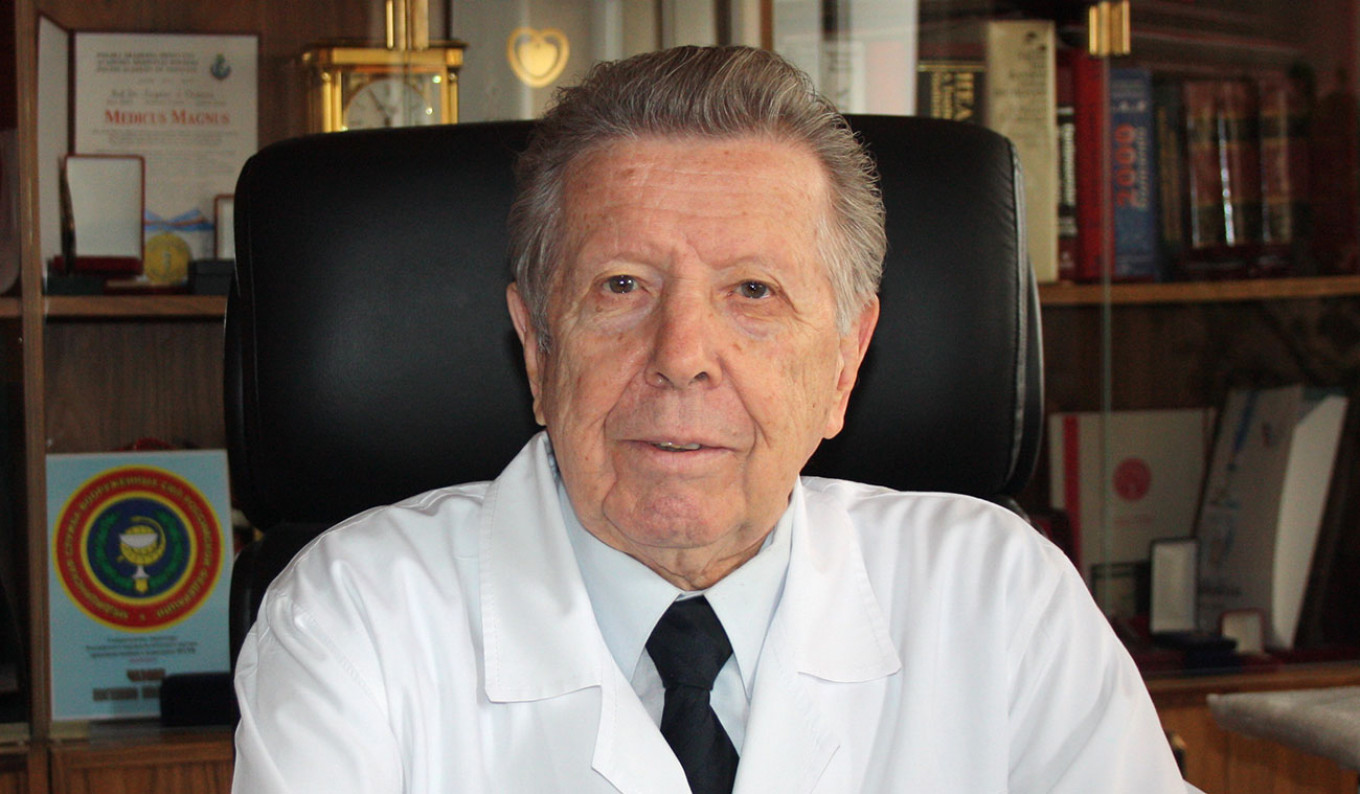
Dmitry Zimin Dec. 22
Inventor, scientist, educator, entrepreneur and philanthropist Dmitry Zimin died in Switzerland at the age of 88 on Dec. 22. He had been undergoing treatment for cancer for many years. Zimin was best known for founding Russia's first mobile phone service and later for his extensive work in philanthropy and his unwavering support for democratic institutions. He worked for nearly 40 years at the Radio Technical Institute of the Academy of Sciences and was one of the lead designers of the anti-ballistic missile defense radar system that protects Moscow. After the collapse of the Soviet Union, Zimin developed and sold the country’s first satellite television system and the first cellphone system. He found a foreign partner for the latter and founded Vimpel Communications (VimpelCom), the parent company of Beeline — still one of Russia’s largest and most successful cellular communications companies. In 1996, VimpelCom became the first Russian company to be put on the U.S. stock exchange. In the 2000s, Zimin founded Dynasty, the only charitable organization in Russia that supported scientific research and educational institutions. In 2008, he created the Enlightener Award for the best authors of popular science books written in Russian. After the Dynasty Foundation was designated as a foreign agent, he closed it and moved abroad. He founded the Zimin Foundation, which continues to award the “Enlightener” prize and supports projects in education, science, healthcare and culture in Russia and around the world. Zimin received many awards for his scientific and philanthropic work, including from the Russian Ministry of Science and Education “For Commitment to Science” and the Carnegie Medal of Philanthropy — making him the first Russian citizen to receive the honor.
He will also be remembered for his comment on Russia's democratic backsliding in the 21st century: “I’m a patriot, it seems, in the sense I’m not ashamed of any other country as much as I am ashamed of my own. Bitterly, bitterly ashamed.”
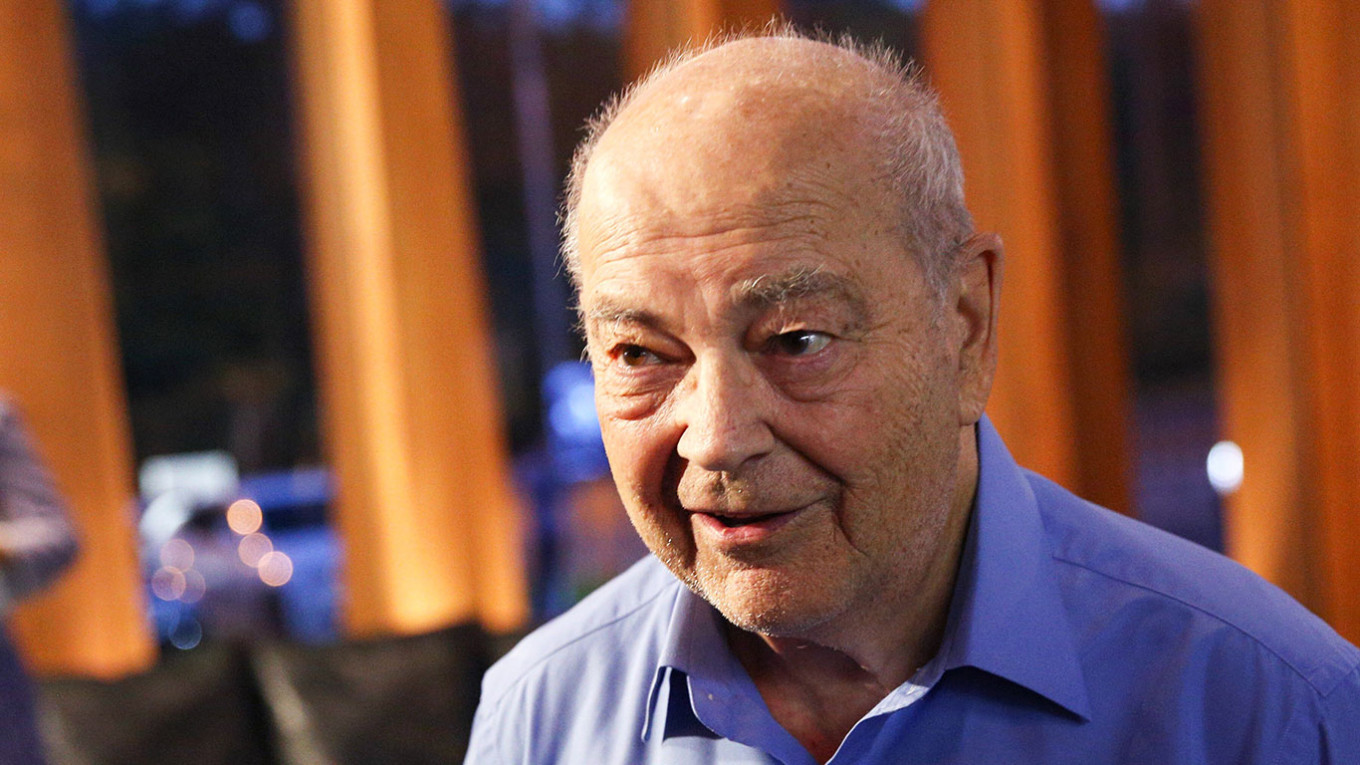
A Message from The Moscow Times:
Dear readers,
We are facing unprecedented challenges. Russia's Prosecutor General's Office has designated The Moscow Times as an "undesirable" organization, criminalizing our work and putting our staff at risk of prosecution. This follows our earlier unjust labeling as a "foreign agent."
These actions are direct attempts to silence independent journalism in Russia. The authorities claim our work "discredits the decisions of the Russian leadership." We see things differently: we strive to provide accurate, unbiased reporting on Russia.
We, the journalists of The Moscow Times, refuse to be silenced. But to continue our work, we need your help.
Your support, no matter how small, makes a world of difference. If you can, please support us monthly starting from just $2. It's quick to set up, and every contribution makes a significant impact.
By supporting The Moscow Times, you're defending open, independent journalism in the face of repression. Thank you for standing with us.
Remind me later.


